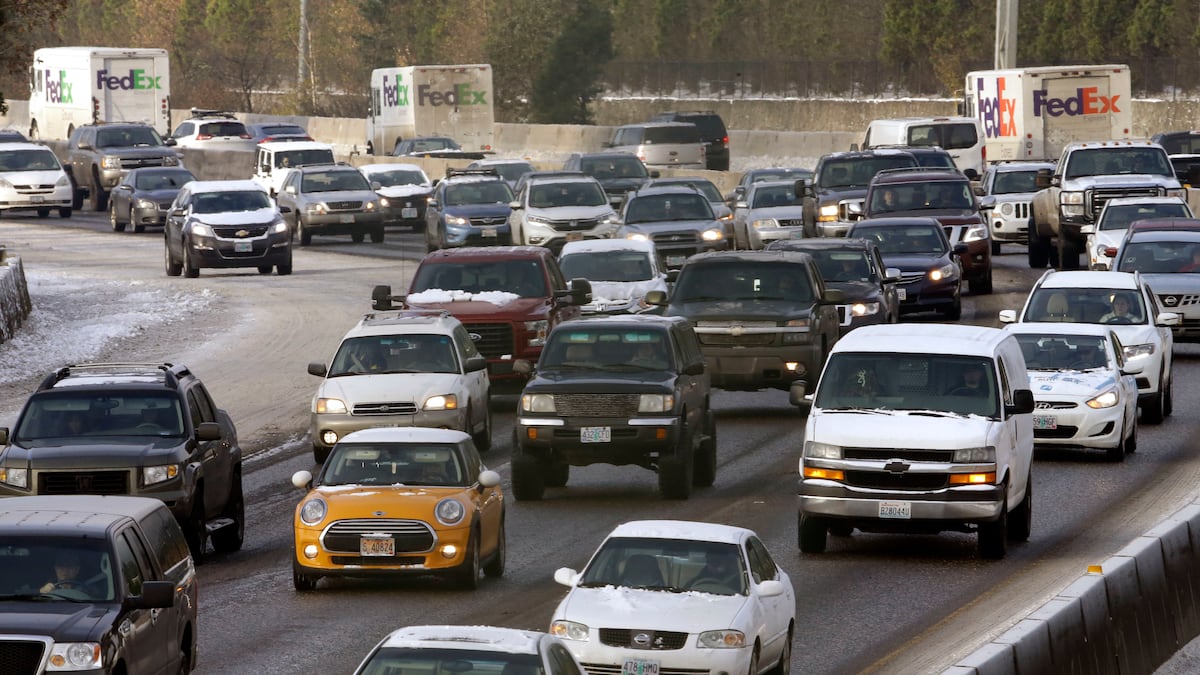Potentially big changes are coming to ODOT’s funding model in the next few years. There are holes that the state can’t patch.
Seems like VMT is the only sensible approach here. Gotta avoid Big Brother, though.
Tolls would also work
The problem with tolls on specific highway sections, like the proposed one on 205 that got axed, is that they are both A. a regressive tax against the poor, precluding them from using that road for anything, and B. Likely to induce a lot of knock-on effects on traffic flow because people are generally cheap and will try to use surface streets to avoid tolls. Especially in an area that hasn’t previously used tolling at all, so there isn’t user precedent for accepting tolls.
Even with those concerns, I still like tolls
A. Driving a car has externalities that are currently not priced in the gas tax / registration fees. This means that having toll free roads are also regressive in that they are forcing people who do not drive (often due to poverty) to subsidize those who do drive. It makes sense to make the drivers pay for more of the harm they cause others, and tolls are a simple way of doing this. They are also can help discourage driving since paying every time you drive in a certain area is probably more noticable than paying once a year when you register your car.
B. This is a real issue in 205 where there is another bridge right next to it. Maybe in this case, you can add a toll to both bridges. But generally, the urban growth boundaries in Oregon make it easy to find places to find put toll booths where there is no way to drive around it.
Yeah, it probably will be. Which, I think is a decent compromise- I’ve done it for commercial trucks and it’s fine. However commercial vehicles file a quarterly odometer mileage report and pay per mile based on their vehicle weight and axle count. Then trucks paying by WMT get to buy PUC diesel at truck stops that has most of the road tax taken off.
This is in contrast to the consumer pilot program where drivers plug a computer into their car that tracks the ecu mileage. That tracking is something that is an absolute nonstarter for me- and also not even possible because I don’t even drive cars with an OBDII port they could use lol.My motorbike certainly doesn’t have OBD2.
Yup. So without a computer tracker, which theyll need to support somehow, they’ll need to have a paper/self report filing system.
Motorbikes I’d more expect them to just add a flat registration fee and call it good. Motorbikes cause almost zero road maintenance damage.
Bury the Max lines, make it a subway
While that would be great, what’s the point? They need to make the lines go places people work. Forget the wheel and spike design, let downtown be served by one line and divert the rest to the areas where people live and work.
…why would they do that when they already dont have any money?




